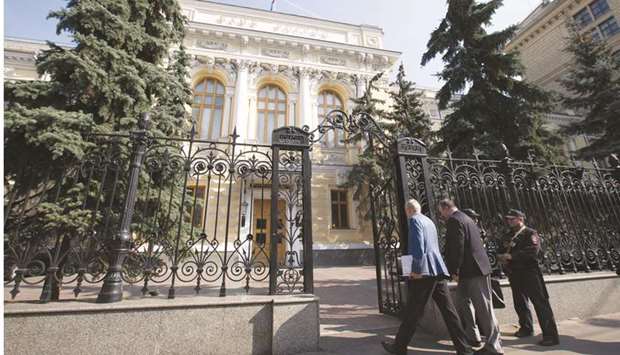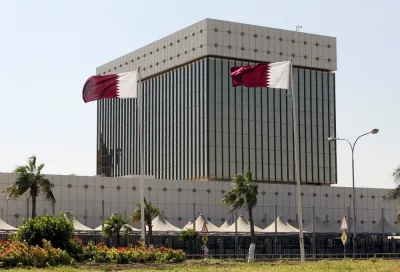The growth of Islamic finance in post-Soviet Central Asia, namely in Kazakhstan, is attracting the attention of the international banking industry. The country is on the way to become the new hub for Islamic finance in the entire region, particularly through the new Astana International Financial Center, which was launched this July this year and is focusing on several areas, including asset management, private banking, capital markets development and financial technologies with a special angle on Islamic finance.
Gulf Times reported on the development.
Meanwhile, Islamic finance also made its foray into Uzbekistan. In a first step, in order to expand the reach of Islamic finance in the country and open the doors for Islamic investors from the Middle East and Southeast Asia, the Uzbek government earlier this year tasked the central bank with developing a legal and regulatory framework for Islamic banking and finance, with support from Saudi Arabia’s Islamic Development Bank (IDB).
The IDB then in September 2018 unveiled a $1.3bn-partnership for the years up to 2021 with the Uzbek government to fund a number of activities based on Shariah-compliant financing, including infrastructure modernisation, enhancing efficiency and productivity in the agricultural sector and promoting private sector development.
Part of the partnership is also a plan to provide Uzbekistan’s small and medium sized enterprises with Islamic financing tools, including halal crowdfunding and microfinance.
Moreover, the Islamic Corp for the Development of the Private Sector, a subdivision of the IDB, has initiated a Shariah-compliant financing cooperation with six banks in Uzbekistan, including a $7.5mn-financing agreement with state-owned Asaka Bank, as well as Uzbek Industrial and Construction Bank, Turonbank, Hamkorbank, Kapitalbank and Asia Alliance Bank, according to a Reuters report, which noted that this initiative follows a similar support of Trustbank and InFinBank back in July this year.
Kyrgyzstan is another regional country that opened up to Islamic finance, beginning with halal community financing and microfinance. This July, the central bank of the Kyrgyz Republic, again in partnership with the IDB, invited investors to participate in opening a new full-fledged Islamic bank in the country, according to a statement by the Kyrgyz Investment Promotion and Protection Agency.
Reportedly, Bahrain’s Al Baraka Bank Group – which already has a partnership with Bishkek-headquartered BTA Bank – is among the interested investors.
While all looks good for Islamic finance in those former Soviet republics, the situation is different in Russia itself. According to local media reports, the huge country’s so far sole full-fledged Islamic lender, the Partnership Banking Center in Muslim-majority, semi-autonomous Tatarstan, has closed down its operations after little more than two years.
It was reported that the bank suffered from a lack of liquidity and other problems, namely a fraud scandal involving its parent company Tatagroprombank.
All in all, it is a heavy setback for the Bank of Russia, which saw the bank as pilot project within the roadmap for sustainable development of Islamic finance in the country. Another plan by Russia’s largest universal bank Sberbank to set up an Islamic banking branch in form of an Islamic window in Tatarstan’s capital Kazan, which was revealed in May this year, has not come far yet either.
Past attempts by other banks to set up Islamic windows, including Badr-Forte Bank, Bulgar Bank’s Amal Financial House, Ellips Bank and Express Bank, all failed after a few years as well.
Experts are at strife as to why it is so difficult to bring Islamic finance into gear in Russia. Some say that it is mostly because there is still no legal framework to speak of for the industry, while others believe there is simply not enough mature demand for Islamic banking services for the just little more than 7mn Muslims in a country of 145mn.

Visitors pass security to enter the headquarters of Russia’s central bank in Moscow (file). Russia’s so far sole full-fledged Islamic lender, the Partnership Banking Center in Muslim-majority, semi-autonomous Tatarstan, has closed down its operations after little more than two years in a heavy setback for the Bank of Russia, which saw the bank as pilot project within the roadmap for sustainable development of Islamic finance in the country.


